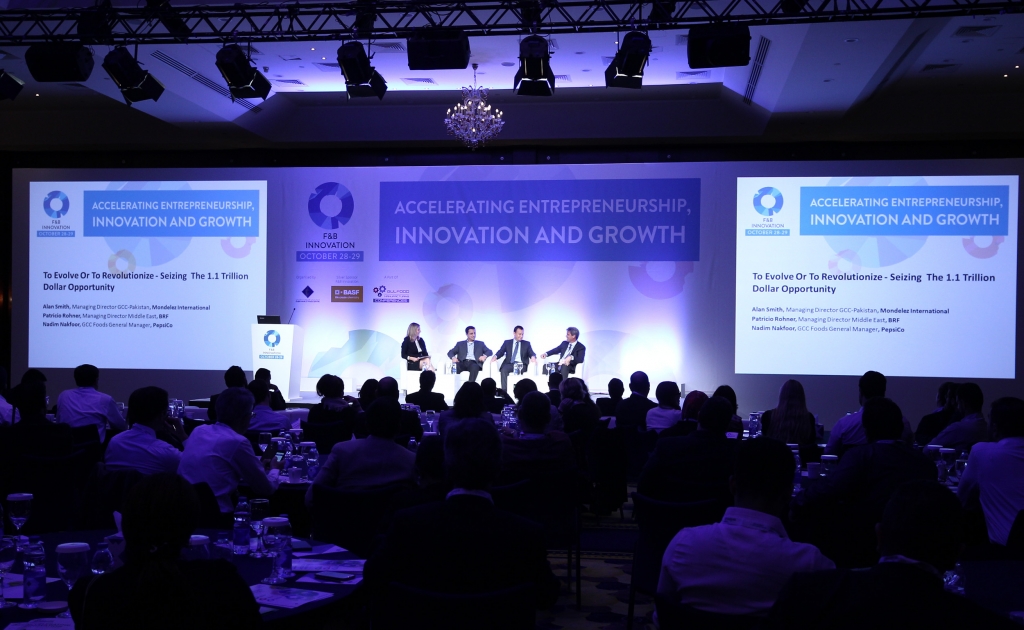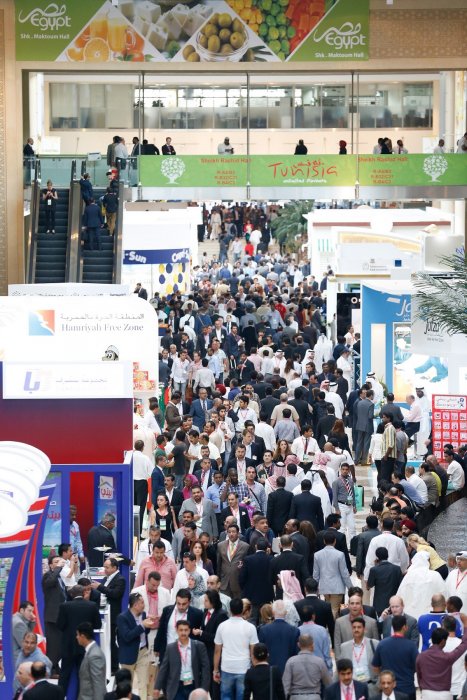
Rising in the East: ‘Pakistan’s F&B Sector Primed for Transformation and Large-scale Growth’
Pakistan’s F&B manufacturing industry is ripe for investment as it passes through an era of transformation and growth triggered by shifting consumer buying patterns, according to the President of the country’s national food association
Speaking ahead of his participation in next month’s two-day FoodTech Summit, which will run alongside Gulfood Manufacturing 2018 from 7 – 8 November at Dubai World Trade Centre (DWTC), Mohammed Rafiq Rangoonwala says Pakistan’s consumers are moving away from traditional means of buying loose food to cook at home and turning towards packaged food and ready-to-drink (RTD) products and are increasingly doing much of their purchasing online. This sweeping change, says Rangoonwala, is creating widespread opportunities for F&B industry leaders, particularly in the digital space.
The Pakistan Food Association leader, who will address the Summit in a session titled ‘A look at the Pakistan F&B market’, says the industry is keeping pace with global trends and “is rapidly embracing digitalisation”, which in turn is influencing and impacting F&B purchasing habits.
Changing habits and digital surge in Pakistan mean new F&B investment opportunities
“Pakistan has 73 per cent mobile phone penetration, which is one of the highest in South Asia. Almost 59 million people – 28 per cent - use internet through mobile. Likewise, social media consumption in Pakistan is on the rise with almost 35 million Facebook subscribers and 31 million on YouTube,” says Rangoonwala, who is also CEO of Quick Foods and has a career spanning more than 37 years.
“All this has led to a rapid increase in digitisation of Pakistan's economy where e-commerce trade is almost doubling in value each year. It was predicted that Pakistan's e-commerce trade would cross the USD 1 billion mark by 2020 but experts now predict that benchmark will be exceeded this year. I see this growth continuing and in the next five years, we might be hitting USD 5 billion.”
“This change in habit has provided opportunity for investors to cast an eye on manufacturing and with increasing demand the only way to move forward is digitising a business, which is evident across the board,” he adds.
Pakistan’s continually growing population, which currently stands at more than 200 million and rising by 1.93 per cent annually, has also resulted in new investment opportunities in F&B, according to Rangoonwala: “There is increased urbanisation in Pakistan, with 37 per cent of the population now living in urban areas. This is increasing by 2.54 per year.”
Other key growth factors, he says, are a growing middle class with increased per capita income, a trade modernisation movement providing access to up-to-date F&B products, a rise in media influence and the “explosive” growth in e-commerce.
“Entries by local and international players in various food groups has heated up competition and this has positively impacted consumer choices and exposure to innovative new food categories,” he explained.
Addressing the Future of Food Tech
Rangoonwala will join a high-profile gathering of industry thought leaders, global F&B experts, key decision makers, innovators and disruptors at the FoodTech Summit, which will investigate next-gen technologies including blockchain, artificial intelligence (AI) and robotics, now impacting the global F&B manufacturing industry. The Summit will also probe the potential of F&B industries in Saudi Arabia and Egypt.
The Summit is part of the Gulfood Manufacturing exhibition, the region’s biggest food and beverage processing industry event, which brings together over 35,000 visitors and 1,600 food tech suppliers from 60 countries showcasing the latest F&B manufacturing business improvement tools.
Gulfood Manufacturing 2018 will be open from 10am – 6pm on 6-7 November, and 10am – 5pm on 8 November. The show is open to food and beverage industry professionals and visitor attendance is free of charge. For more information, visit http://www.gulfoodmanufacturing.com/



























